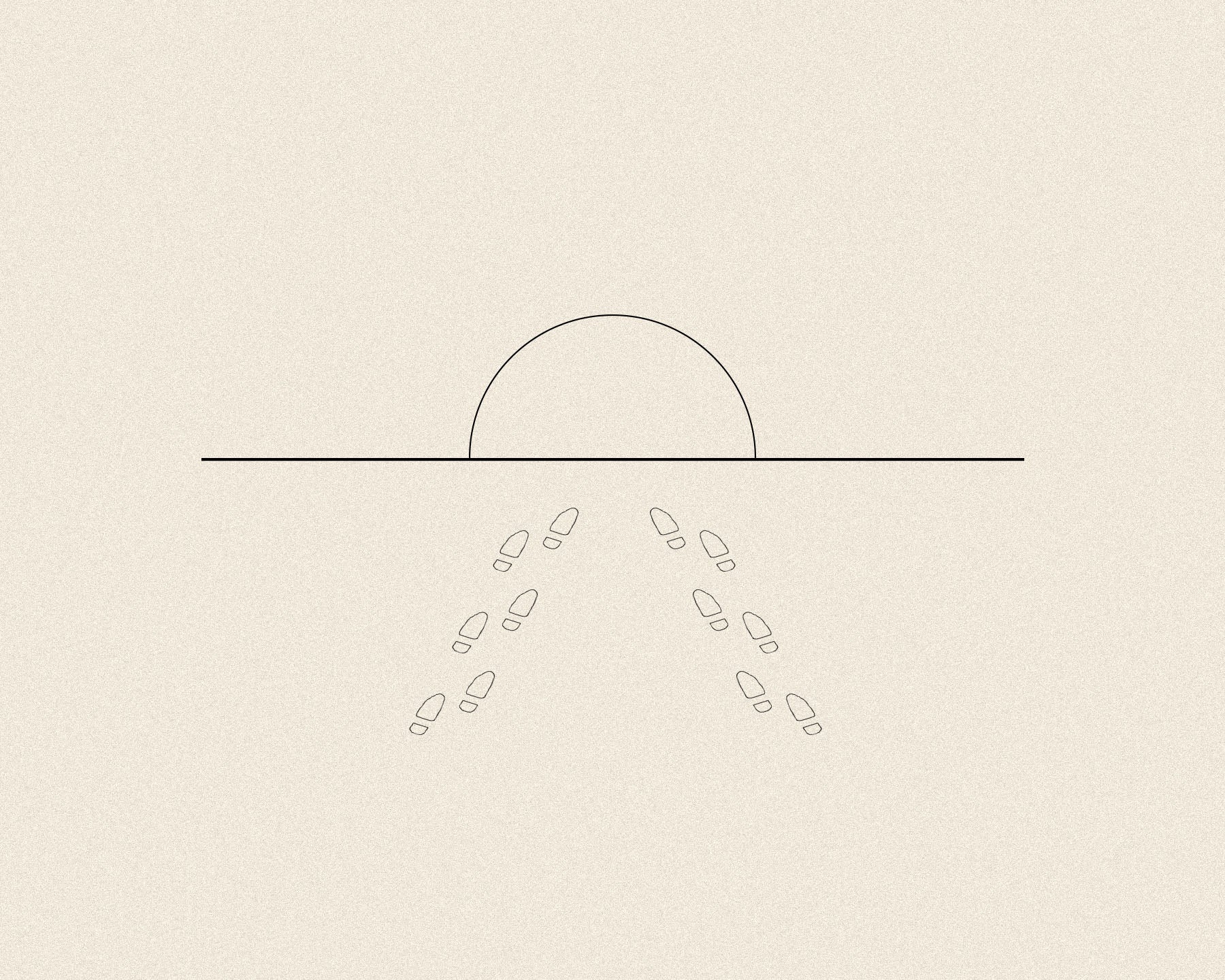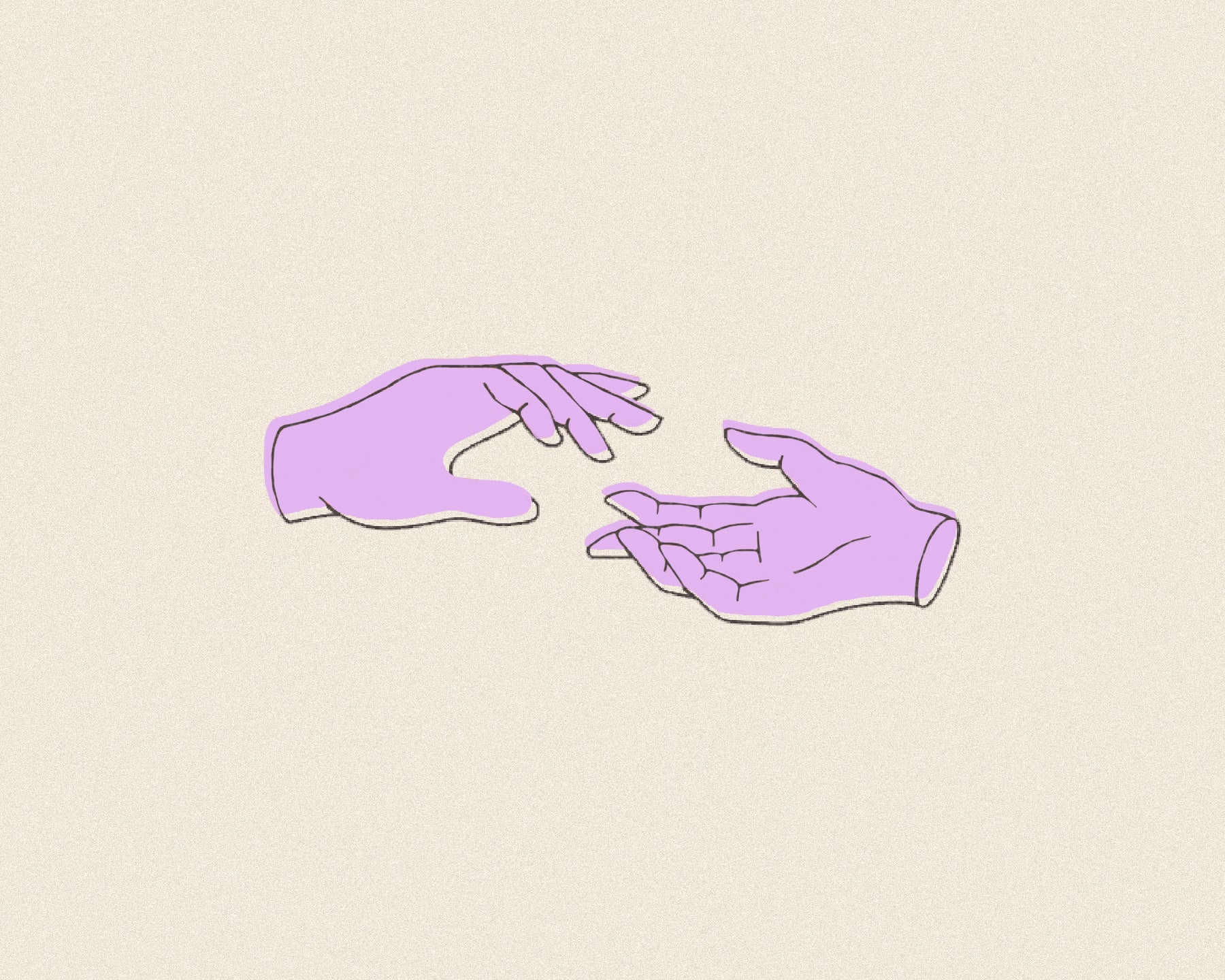week four: all loss results in grief
We live in a world centred around comparison and that comes into play in our grieving journey as well. Have you ever felt like your loss or grief isn’t big enough compared to someone else’s? Do you ever think that you need to just move on and that it could be worse? Well if you have, trust me that you are not alone in that feeling. But in reality all grief and loss is valid – whether it's the biggest or the smallest loss you’ve ever experienced.

Many of us experienced loss during the pandemic and in all honesty, we as a society haven’t given ourselves enough compassion and kindness to properly understand that and grieve those losses. Some people lost loved ones due to the pandemic, while you may have lost your job and sense of security or it could be the loss of celebrating a milestone birthday. All are valid losses that result in grief and mourning that loss. When you are feeling the sense of loss the last thing you should do is minimize what you’re experiencing.
This type of grief is known as disenfranchised grief defined by bereavement expert Kenneth Doka. He explains that this type of loss feels like one that no one else can understand and that you don’t even feel entitled to - it’s a type of loss that isn’t openly acknowledged, socially mourned or publicly supported. It often feels even more isolating than a major loss because there is a feeling of guilt that often accompanies your grief that leaves you questioning if your feelings are valid.
The common thread of understanding grief is to feel your emotions in order to heal. Even with smaller losses that fall under disenfranchised losses you still need to allow yourself to feel these emotions and what this loss means to you. If you minimize these feelings you’ll notice other emotions will start to rise - in a not so good way. You may not realize it at first but you may be less patient, feeling easily angered and triggered. These responses are to minimizing and dismissing your own emotions around the loss you are experiencing. Pay attention to how you are operating in relationships and at work, are you noticing a change in your emotional state? Can you slow down and reflect on what emotions you aren’t allowing yourself to truly feel and sit in.
With these smaller losses you often don’t feel any sense of closure or end of a chapter which is why you should honor that loss in your life through a ritual or an experience personal to you. When we lose a loved one we have a funeral, a celebration of life or a ceremony with our family and friends to mark the loss. By physically marking and properly mourning a disenfranchised loss you are allowing yourself to feel your emotions, acknowledge the weight of them and move forward with the loss. Some ideas to create a conclusionary ritual could be journaling, planting flowers or a tree, creating art that represents your emotions or even a tattoo. And remember to give yourself grace and kindness as you navigate all losses - your grieving process is individual and very much your own.





Leave a comment
This site is protected by hCaptcha and the hCaptcha Privacy Policy and Terms of Service apply.